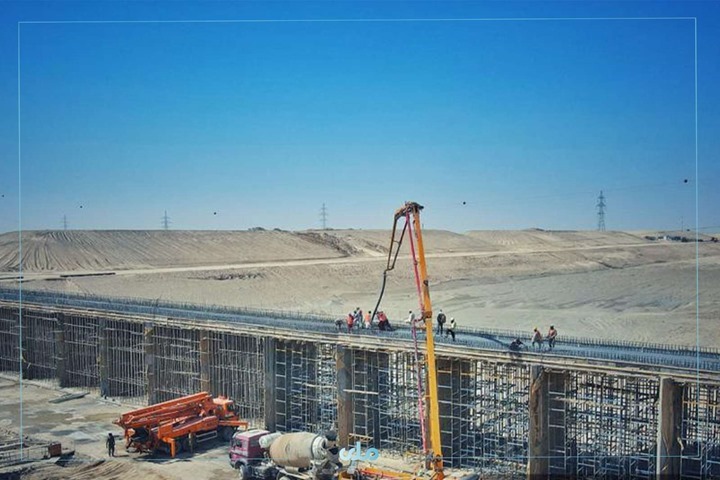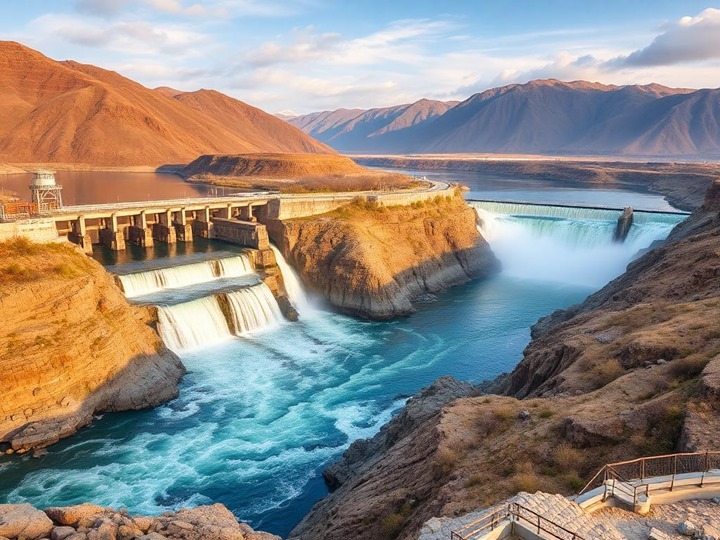The second stage of the Qosh-Tepa channel is ready for 81%
The National Development Company of Afghanistan reports that the second stage of construction of the Qosh-Tepa canal, one of the largest water projects in the country, has already been completed by 81%. According to the company’s representative, work is currently underway on four canal bridges and thousands of jobs have been created.

Nabiullah Arghandival, a representative of the National Development Company, states:
“The second stage of the Qosh-Tepa canal construction has been completed by 81%, and the construction process is progressing rapidly thanks to the use of modern equipment and work crews. The embankments of the canal have also been completed by 67%, and all work is carried out in accordance with international standards.”
The Chamber of Agriculture and Livestock of Afghanistan emphasizes that the implementation of this project will have a significant impact on increasing agricultural production in the country. Wassim Safi, head of the Afghan Chamber of Agriculture and Livestock, says:
“Projects such as the Qosh-Tepa canal will allow us to industrialize our agriculture, increase production, create jobs and increase the level of food security in the country.”
“Qosh-Tepa channel can have a positive impact on solving the economic problems of Afghanistan. This canal can irrigate about 550,000 hectares of drylands, creating the potential for large—scale agriculture,” says Seyar Qureshi, an expert in economics.
The National Development Company of Afghanistan plans to complete the excavation of the second stage of the Kush-Tepe canal with a budget of 20 billion Afghanis by the end of this solar year, reaching the end point of the canal in the Andkhoy district of Faryab province.
The Qosh-Tepa canal construction project started on April 10, 2022, and its total length will be 280 kilometers. After the completion of the project, it will be possible to irrigate about three million jeribs (1 jerib is equal to 2000 sq.m.) of agricultural land, which can play a key role in the transformation of agriculture and the country’s economy, TOLOnews reports.


